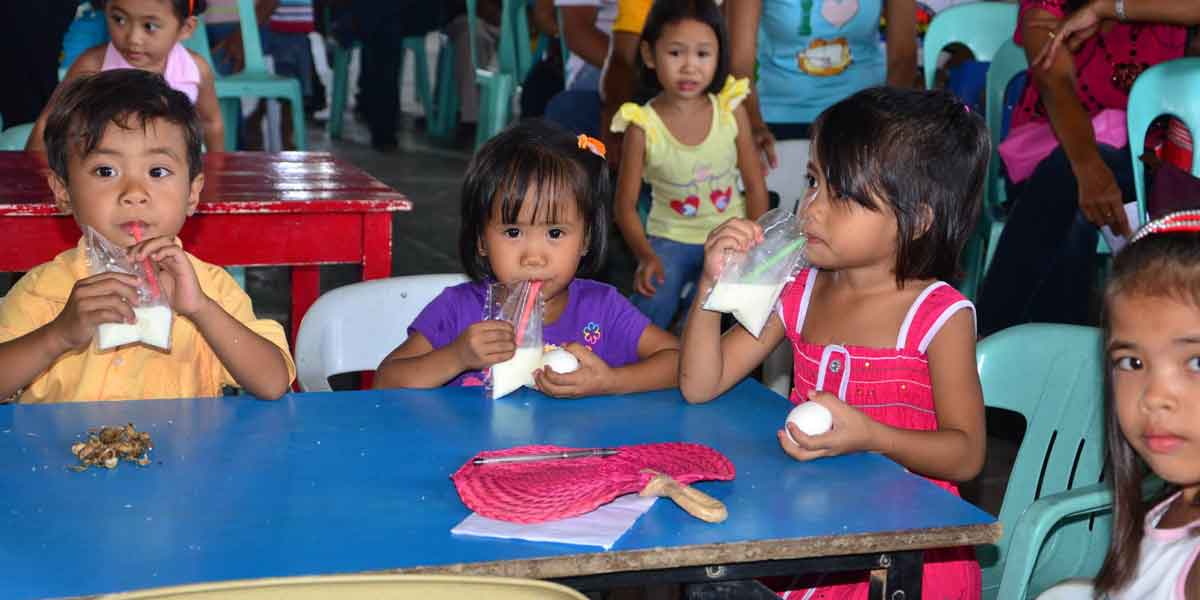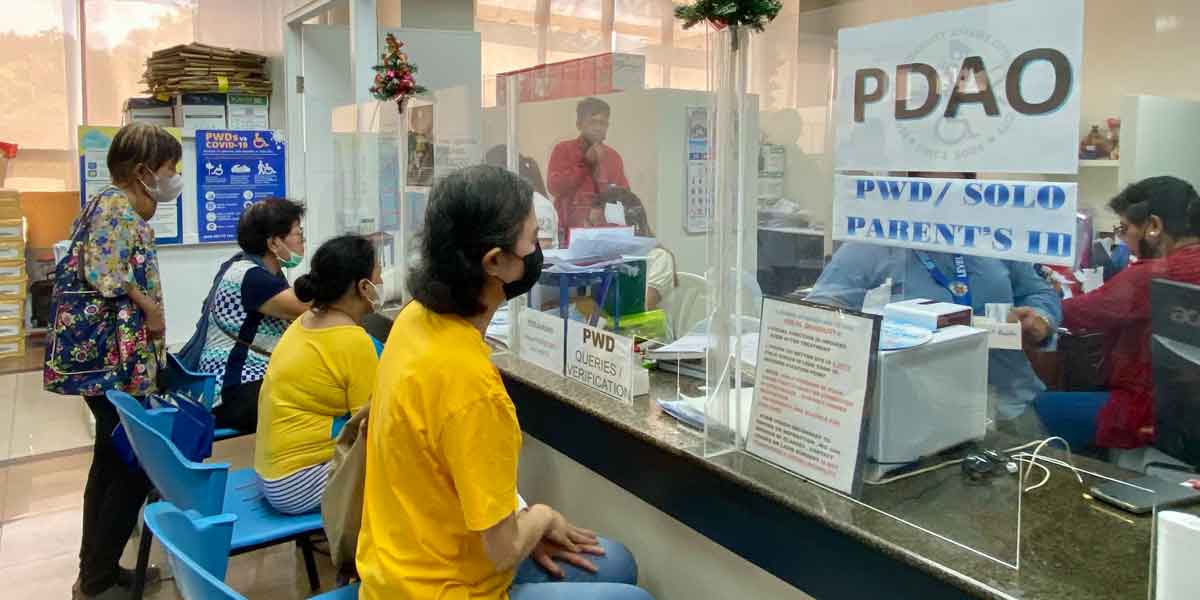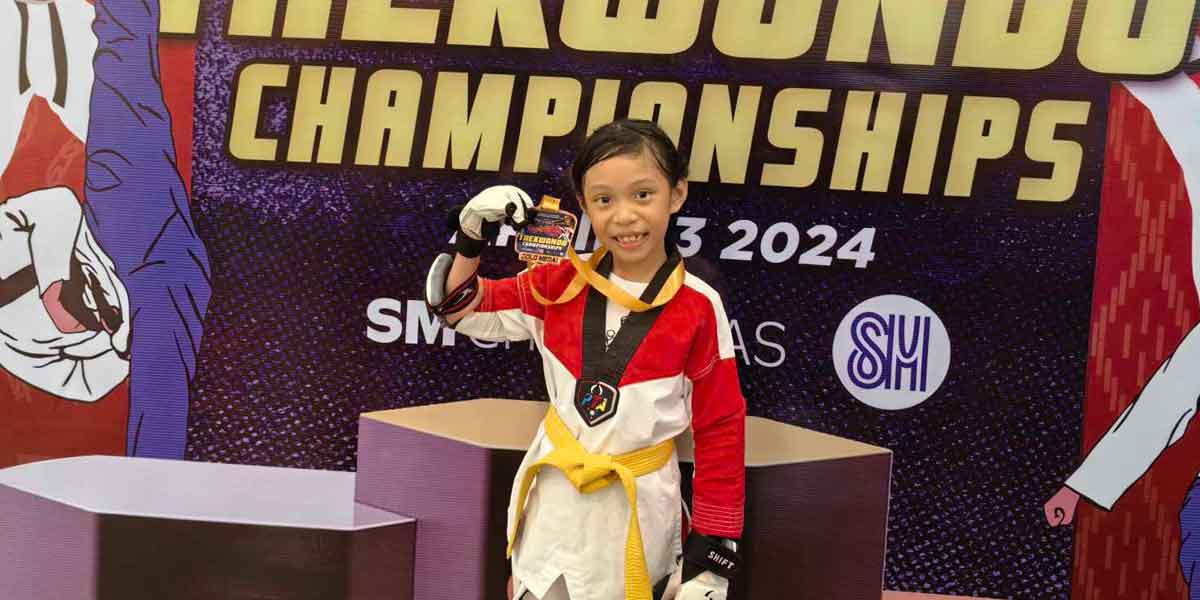With the Department of Trade and Industry (DTI) announcing that it has intensified its enforcement activities to ensure vape products sold in the market comply with the provisions of the Republic Act No. 11900 (RA 11900), or the Vaporized Nicotine and Non-Nicotine Products Regulation Act, child rights advocates reveal that they have “high expectations” on the government body to pursue a child-friendly interpretation of the law.
Child Rights Network (CRN), the largest alliance of organizations and agencies pushing for children’s rights legislation in the Philippines, and the Philippine Legislators’ Committee on Population and Development (PLCPD), together with Parents against Vape (PAV), said that the DTI must ensure strict enforcement of the law to protect children from the marketing tactics of the tobacco and vape industry. This strict enforcement includes banning youthful marketing strategies and restricting flavors of e-cigarettes and vapes to conventional tobacco and menthol.
In a statement issued last week, following the Senate inquiry led by Senator Pia Cayetano and statements from other legislators including Representative Joey Salceda on the proliferation of vape products and flavors that target the youth, the DTI reiterated that the implementing rules and regulations of RA 11900 have taken effect on December 28, 2022, giving vape manufacturers and importers an 18-month transitory period until June 5, 2024, to comply with product registration and certification requirements.
Under the new law, only those registered with the Bureau of Product Standards and certified as Vaporized Nicotine and Non-Nicotine Products, their devices, and Novel Tobacco Products with the applicable graphic and textual health warnings are allowed to be sold to the general public by June 2024.
We distinctly note DTI’s emphasis on monitoring the sale of e-cigarettes and heated tobacco products (HTPs) that violate the restrictions on flavor descriptors and marketing strategies that directly cater to the youth and children. This is a step in the right direction in the journey toward ending the epidemic of e-cigarette use among younger generations.
The DTI reported that it has issued Notices of Violations to establishments selling Vaporized Nicotine and Non-Nicotine Products, their devices, and Novel Tobacco Products with “markings or characters such as cartoons, anime, manga, animated characters, youth influencers, personalities, and the like as well as those that are packaged, labeled, presented or marketed with flavor descriptors such as fruit, candy brand, dessert, or cartoon character.”
While we welcome DTI’s commitment to implement stricter regulation of vape products, we must emphasize that much is needed to strictly regulate this industry that has long enjoyed loopholes in the country’s rules and regulations. The implementing rules and regulations of RA 11900 may contain acceptable standards, but these may be all for naught if not fully implemented.
We cannot emphasize enough: the fight against marketing e-cigarettes and heated tobacco products to youth and children is a long battle – we cannot afford to waver at any moment. We remind the DTI: we are closely monitoring how RA 11900 will be implemented. All violators must face the consequences.
Lastly, while we maintain our position that the principles that lay the foundations of RA 11900 remain skewed – as it looked at vape regulation as a matter of trade regulation and not as a health issue – we trust that concerned governmental agencies will quickly address this concern by continuing to issue rules and guidelines that will further regulate not only the vape and e-cigarette industry – but the entire tobacco industry.
Together, let us create pathways to ensure Filipino children are protected from the dangers of consuming toxic and addicting products.


















